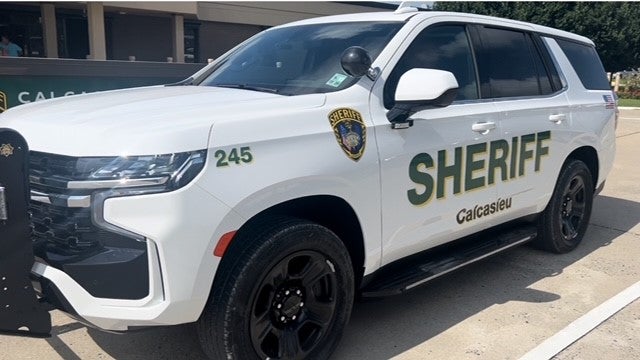Airlines overbook flights to avoid losing money
Published 5:34 am Wednesday, April 12, 2017
In this modern computerized world, how does an airplane get overbooked with passengers? There are a set number of seats.
Airlines, knowing that ticket buyers don’t always show up, overbook flights so they don’t lose money by flying with empty seats.
And, as Marketplace noted in 2015, computers help airlines plot their overbooking strategies.
In a story written, like The Informer, in response to a question, Marketplace reporter Sabri Ben-Achour notes that “if airlines didn’t overbook, they would lose money, so they actually put a lot of effort and money into guessing exactly how many people won’t show up on a given flight.”
Ben-Achour says airlines use computer modeling to determine pricing strategies for early and late ticket sales; gauge the likelihood of no-shows; and predict how many passengers on overbooked flights will accept compensatory travel vouchers.
A U.S. Department of Transportation Web page devoted to air travelers’ rights says airlines that overbook flights must seek out volunteers from among non-hurried travelers and offer them compensation in exchange for their reservations.
But people who voluntarily give up their reservations should ask a couple of questions beforehand and keep some things in mind, the site says:
“When is the next flight on which the airline can confirm your seat? The alternate flight may be just as acceptable to you. On the other hand, if the airline offers to put you on standby on another flight that’s full, you could be stranded.”
“Will the airline provide other amenities such as free meals, a hotel room, transfers between the hotel and the airport, and a phone card? If not, you might have to spend the money it offers you on food or lodging while you wait for the next flight.”
Travelers who are bumped from their flights involuntarily, the site says, “are frequently entitled to denied boarding compensation in the form of a check or cash.” But the amount will depend on how much they paid for their tickets and on how long they’re delayed.
The general rules on compensation for involuntarily bumped travelers, as listed on the site:
“If you are bumped involuntarily and the airline arranges substitute transportation that is scheduled to get you to your final destination (including later connections) within one hour of your original scheduled arrival time, there is no compensation.”
“If the airline arranges substitute transportation that is scheduled to arrive at your destination between one and two hours after your original arrival time (between one and four hours on international flights), the airline must pay you an amount equal to 200% of your one-way fare to your final destination that day, with a $675 maximum.”
“If the substitute transportation is scheduled to get you to your destination more than two hours later (four hours internationally), or if the airline does not make any substitute travel arrangements for you, the compensation doubles (400% of your one-way fare, $1350 maximum).”
“If your ticket does not show a fare (for example, a frequent-flyer award ticket or a ticket issued by a consolidator), your denied boarding compensation is based on the lowest cash, check or credit card payment charged for a ticket in the same class of service (e.g., coach, first class) on that flight.”
“You always get to keep your original ticket and use it on another flight. If you choose to make your own arrangements, you can request an ‘involuntary refund’ for the ticket for the flight you were bumped from. The denied boarding compensation is essentially a payment for your inconvenience.”
“If you paid for optional services on your original flight (e.g., seat selection, checked baggage) and you did not receive those services on your substitute flight or were required to pay a second time, the airline that bumped you must refund those payments to you.”
www.transportation.gov/airconsumer/fly-rights





